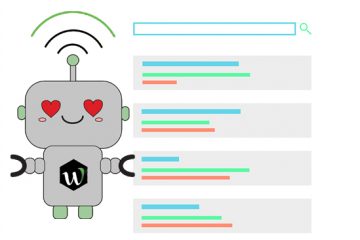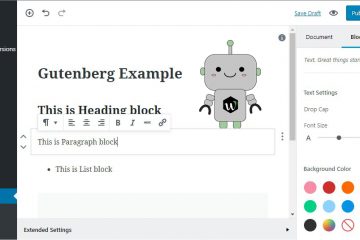Many companies wonder what factors affect local SEO when they’re designing their site or making new content.
You’ve probably searched for your business (at least I hope) and looked where your page comes up in the search results. You know that Google uses some fancy algorithm to help users find what they need but what does that algorithm take into account?
There are actually three important factors that help Google determine what to show.
Obviously, we’re simplifying them into brief terms but they help you understand what needs focus when you start changing your site for better SEO.
Your relevance, distance from the search query, and proper branding.
Relevance
Let’s start with the relevance. You need to be relevant but what exactly does that mean? Simply put, when someone searches for a keyword or phrase, is your business something they want.
If you own a computer review site, for example, you might show up for “computer reviews” but less likely to appear when people are searching for a specific computer with the intent to buy.
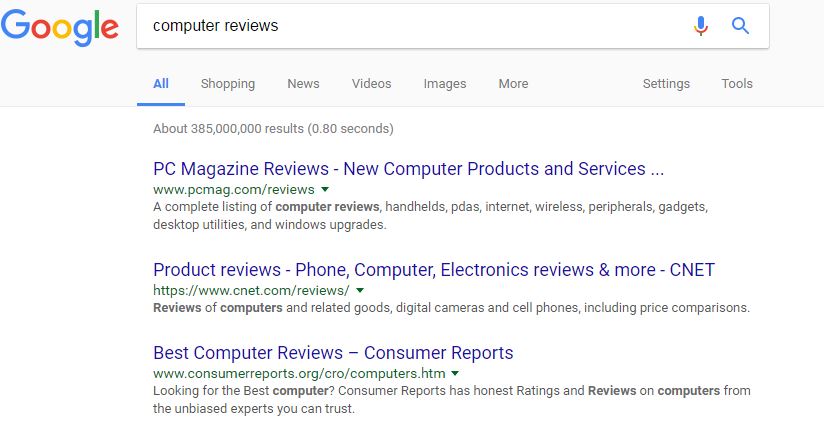
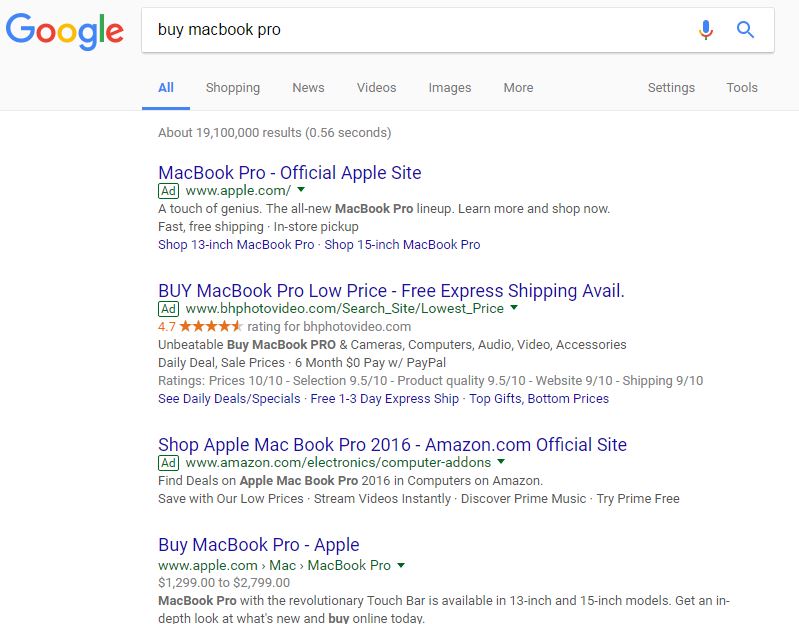
You don’t offer the product, only the review. Google takes things like this into consideration and gives people the results they need.
Something you could do is add a link to your review site to a store where they can buy it online. Remember not to steer people away from your site if you sell your own products or services.
Location
Now, you may have guessed that your proximity to the searcher plays a role in local SEO. When people search for a physical store, the first thing that shows up is a snippet of nearby stores that are relevant. We all search for “restaurant” when we want to go out but don’t know what to get. You’ll get something that looks like this:
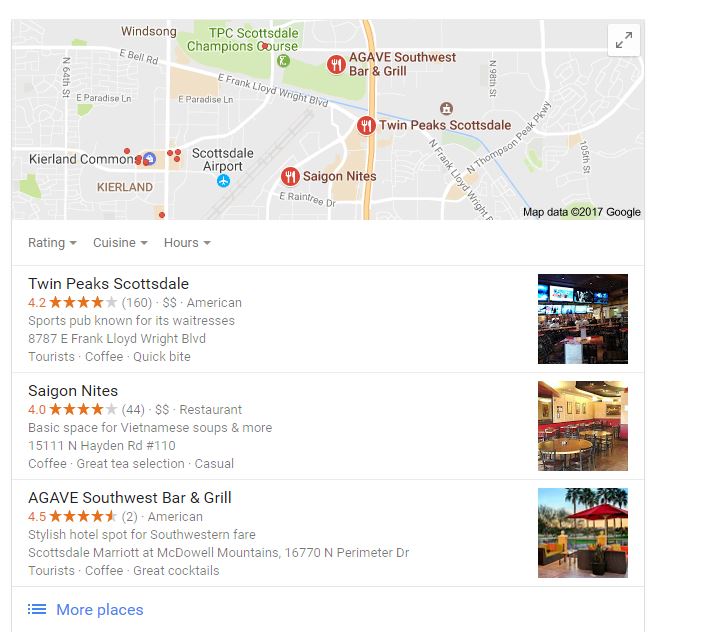
After meeting the first piece of criteria, then you’ll start to see your business coming up on these snippets for searches close by. Remember to go through Google My Business to get your address and information registered by Google first. If you’re tech savvy, you can accomplish this through API’s too.
Proper Branding
Now we arrive at branding. As a small business, you might not like this but a good brand will boost the search relevance of a site more so than a lesser known company.
To give you an example, take a look at this search for grocery stores. It pulls the results closest to me. There are actually a few grocery stores in the area that are closer than both but Google saw fit to rank them by relevance, location, and brand.
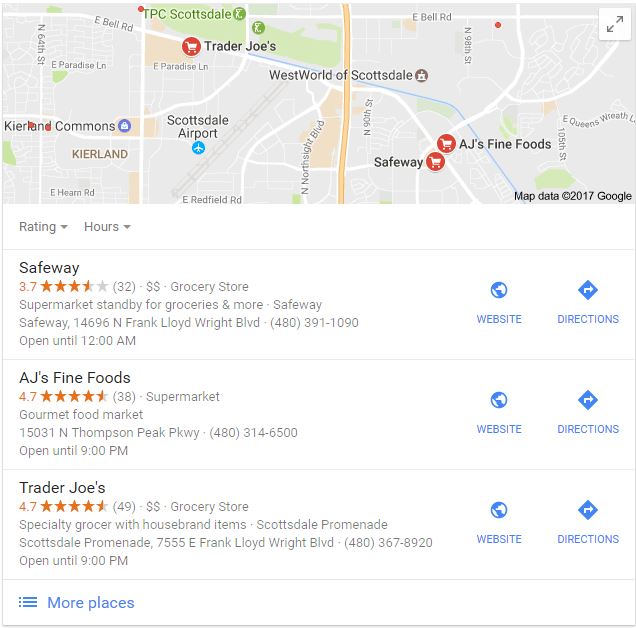
I can tell you that there’s a Bashas much closer than AJ’s Fine Foods but people in this area actually look for AJ’s more often so that grocery store goes up in rank.
Visual Search
Another thing to consider is visual search. “Real world visual search” is defined as “everyday situations, where people are commonly searching their visual fields for targets that are familiar to them.”
In case of local SEO, adding your city name to your website or page and store location can help people find your store.
Conclusion
Love it or hate it, SEO helps Google index what’s relevant, close by, and what’s popular. When you’re designing or redesigning your site for SEO, keep these things in mind.
The bottom line is that if you have a great product or service and people love your stuff, you’ll start to see that reflected on search engines.
